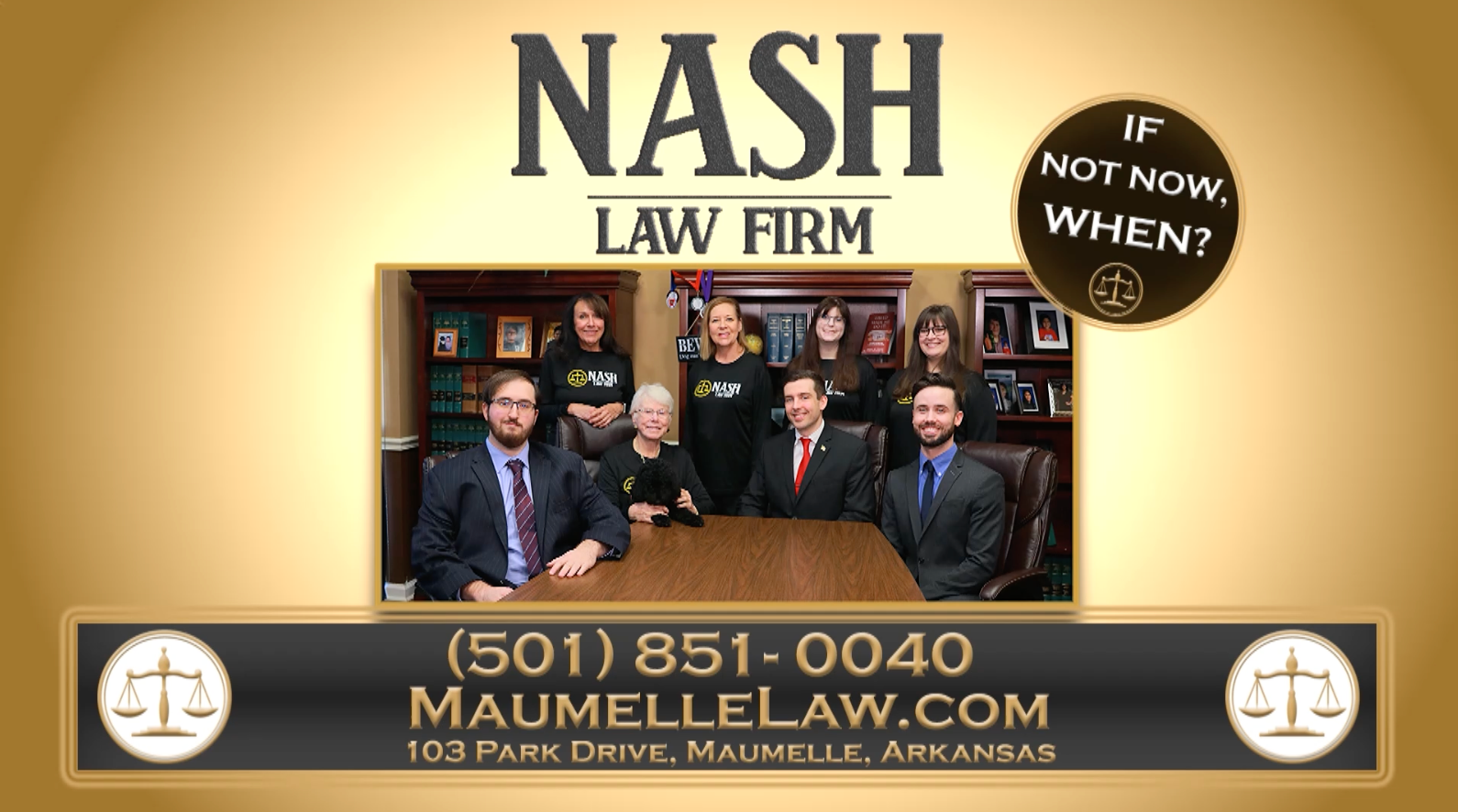Planning for the Unexpected: Emergency Estate Planning Tips

Life is full of surprises, and sometimes unexpected events can turn our lives upside down. While we cannot predict the future, we can prepare for it. Emergency estate planning is an essential part of ensuring that your wishes are honored and your loved ones are protected, no matter what happens. Here are some crucial tips for planning your estate in case of an emergency.
Start with the Basics
The first step in emergency estate planning is to cover the basics. This includes creating a will, naming an executor, and designating beneficiaries. Your will outlines how your assets will be distributed and who will take care of your minor children. Naming an executor ensures that someone you trust will oversee the distribution of your estate according to your wishes.
Establish Powers of Attorney
Another critical aspect of emergency estate planning is establishing powers of attorney.
There are two main types:
Financial Power of Attorney: This allows someone you trust to manage your financial affairs if you become incapacitated.
Medical Power of Attorney: This allows someone to make medical decisions on your behalf if you cannot do so.
These documents ensure that your financial and medical decisions are in trusted hands if you are unable to make them yourself.
Create an Advance Healthcare Directive
An advance healthcare directive, also known as a living will, outlines your preferences for medical treatment in case you are unable to communicate your wishes. This document can include your preferences for life-sustaining treatments, pain management, and other critical medical decisions. Having an advance healthcare directive can provide peace of mind for you and your loved ones, knowing that your medical preferences will be respected.
Organize Your Important Documents
In an emergency, it is crucial that your loved ones can easily access your important documents. Organize your will, powers of attorney, advance healthcare directive, and other essential documents in a safe but accessible place. Inform your executor, attorney, or a trusted family member where these documents are located.
Review and Update Regularly
Emergency estate planning is not a one-time task. Regularly review and update your estate plan to ensure it reflects your current wishes and circumstances. Life events such as marriages, divorces, births, and deaths can significantly impact your estate plan. Keeping your plan up to date ensures that it remains effective and relevant.
Communicate with Your Loved Ones
Clear communication with your loved ones is essential for effective emergency estate planning. Discuss your estate plan with your family members and ensure they understand your wishes. This can help prevent misunderstandings and conflicts during difficult times.
Planning for the unexpected is a crucial part of protecting your loved ones and ensuring that your wishes are honored. By taking the time to create an emergency estate plan, you can have peace of mind knowing that you are prepared for any eventuality. If you need assistance with your estate planning, contact Nash Law Firm for a free consultation. Our experienced attorneys are here to help you create a comprehensive plan that meets your needs and protects your future.
DISCLAIMER:The information provided on this website does not, and is not intended to, constitute legal advice; instead, all information, content, and materials available on this site are for general informational purposes only. Information on this website may not constitute the most up-to-date legal or other information. This website contains links to other third-party websites. Such links are only for the convenience of the reader, user or browser; the Nash Law Firm does not recommend or endorse the contents of the third-party sites.
Readers of this website should contact their attorney to obtain advice with respect to any particular legal matter. No reader, user, or browser of this site should act or refrain from acting on the basis of information on this site without first seeking legal advice from counsel in the relevant jurisdiction. Only your individual attorney can provide assurances that the information contained herein – and your interpretation of it – is applicable or appropriate to your particular situation. Use of, and access to, this website or any of the links or resources contained within the site do not create an attorney-client relationship between the reader, user, or browser and website authors, contributors, or Nash Law Firm.









![Nash Law Firm Logo [click to return home] Nash Law Firm](https://lirp.cdn-website.com/8c4d5b2c/dms3rep/multi/opt/nashlogo_colorgray_horz-1920w.png)


![Nash Law Firm Logo [click to return home] Nash Law Firm Logo](https://lirp.cdn-website.com/8c4d5b2c/dms3rep/multi/opt/nashlogo_whgold_horz-1920w.png)

